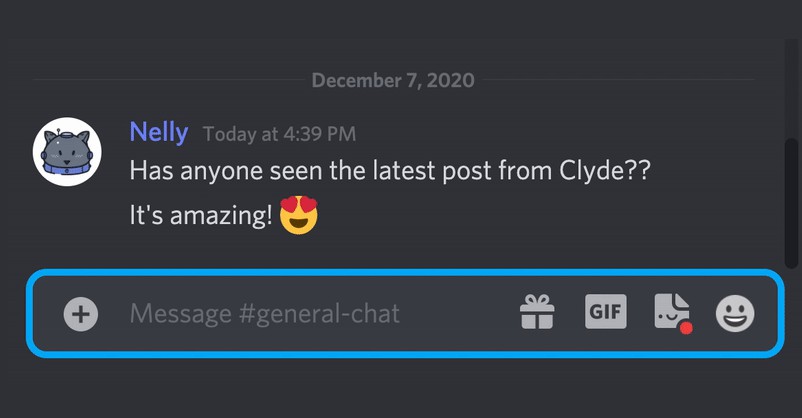react-copy-write
An immutable React state management library with a simple mutable API, memoized selectors, and structural sharing. Powered by Immer.
The benefits of immutable state are clear, but maintaining that immutable state can sometimes be burdensome and verbose: updating a value more than one or two levels deep in your state tree can require lots of object/array spreading, and it's relatively easy to accidentally mutate something.
react-copy-write lets you use straightforward mutations to update an immutable state tree, thanks to Immer. Since Immer uses the copy-on-write technique to update immutable values, we get the benefits of structural sharing and memoization. This means react-copy-write not only lets you use simple mutations to update state, but it's also very efficient about re-rendering.
Documentation
react-copy-write is currently under-going significant API changes as it's tested in a production environment. Most documentation has been removed until we arrive at a stable API. Below you will find a bare-bones API reference that should get you started.
createState
The default export of the package. Takes in an initial state object and returns a collection of components and methods for reading, rendering, and updating state.
import createState from 'react-copy-write'
const {
Provider,
Consumer,
createSelector,
mutate,
} = createState({name: 'Brandon' });
Provider
The Provider component provides state to all the consumers. All Consumer instances associated with a given provider must be rendered as children of the Provider.
const App = () => (
<Provider>
<AppBody />
</Provider>
)
If you need to initialize state from props you can use the initialState prop to do so. Note that it only initializes state, updating initialState will have no effect.
const App = ({user}) => (
<Provider initialState={{name: user.name }}>
<AppBody />
</Provider>
)
Consumer
A Consumer lets you consume some set of state. It uses a render prop as a child for accessing and rendering state. This is identical to the React Context Consumer API.
const Avatar = () => (
<Consumer>
{state => (
<img src={state.user.avatar.src} />
)}
</Consumer>
)
The render callback is always called with a tuple of the observed state, using an array. By default that tuple contains one element: the entire state tree.
Selecting State
If a Consumer observes the entire state tree then it will update anytime any value in state changes. This is usually not what you want. You can use the select prop to select a set of values from state that a Consumer depends on.
const Avatar = () => (
<Consumer select={[state => state.user.avatar.src]}>
{src => <img src={src} />}
</Consumer>
)
Now the Avatar component will only re-render if state.user.avatar.src changes. If a component depends on multiple state values you can just pass in more selectors.
const Avatar = () => (
<Consumer select={[
state => state.user.avatar.src,
state => state.theme.avatar,
]}>
{(src, avatarTheme) => <img src={src} style={avatarTheme} />}
</Consumer>
)
Optimized Selectors
createState also returns a createSelector function which you can use to create an optimized selector. This selector should be defined outside of render, and ideally be something you use across multiple components.
const selectAvatar = createSelector(state => state.user.avatar.src);
You can get some really, really nice speed if you use this and follow a few rules:
Don't call createSelector in render.
?
const App = () => (
// Don't do this
<Consumer select={[createSelector(state => state.user)]}>
{...}
</Consumer>
)
?
// Define it outside of render!
const selectUser = createSelector(state => state.user);
const App = () => (
<Consumer select={[selectUser]}>
{...}
</Consumer>
)
Avoid mixing optimized and un-optimized selectors
?
const selectUser = createSelector(state => state.user);
const App = () => (
// This isn't terrible but the consumer gets de-optimized so
// try to avoid it
<Consumer select={[selectUser, state => state.theme]}>
{...}
</Consumer>
)
?
const selectUser = createSelector(state => state.user);
const selectTheme = createSelector(state => state.theme);
const App = () => (
<Consumer select={[selectUser, selectTheme]}>
{...}
</Consumer>
)
Updating State
Consumer callback also have a second argument, which is a mutate function which itself takes a function. That function is called with a draft of the current state that you can mutate to update values, and a copy of the current state if you need to read anything from it (reading from the draft can be slow)
const Avatar = ({ size }) => (
<Consumer select={[
state => state.user.avatar.src,
state => state.theme.avatar,
]}>
{(src, avatarTheme) => (
<img
onClick={() => mutate(draft => {
// Mutate state! You dont have to worry about it!
draft.avatarClickCount++;
})}
className={`avatar-${size}`}
src={src}
style={avatarTheme} />
)}
</Consumer>
)
Since mutate is returned by createState you can call it anywhere. If you've used Redux you can think of it like dispatch in that sense.





